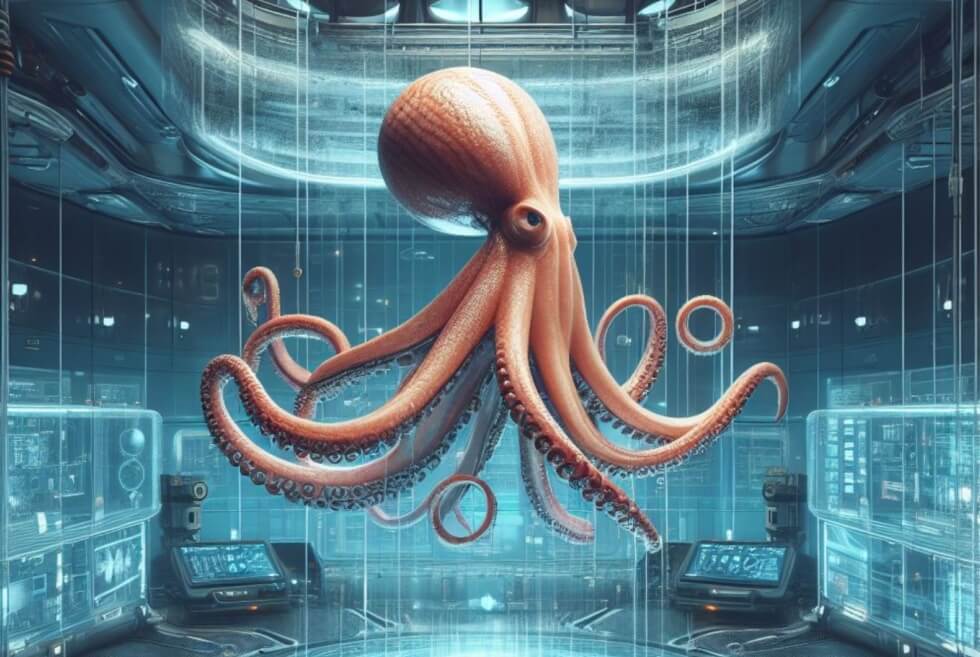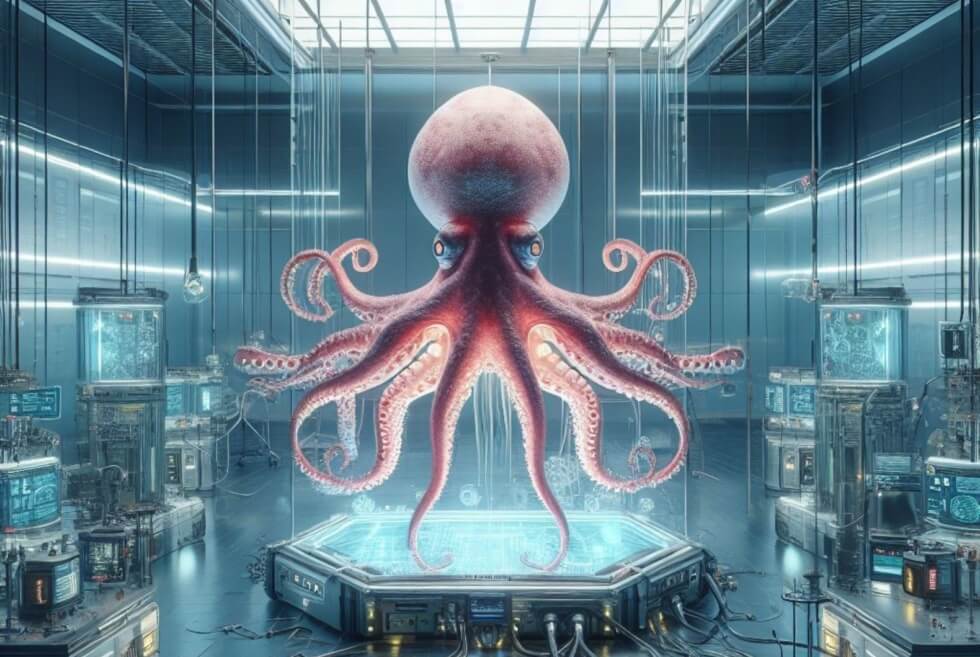In the intricate tapestry of nature, where every creature offers some unique marvel, the octopus stands out as a particularly remarkable entity. Its exceptional adaptability, camouflage capabilities, and nimbleness have drawn the attention of not just marine biologists and wildlife enthusiasts but also scientists in the realm of medical technology.
The Octopus: A Blueprint for Innovation

At first glance, the fluid movements and incredible adaptability of the octopus might seem like nature’s pure artistry. However, according to an insightful piece from InsideHook, this marine marvel has been providing medical researchers with cues for developing breakthrough technologies.
Nature’s Master of Camouflage
The octopus’s ability to alter its skin texture and color to blend seamlessly with its surroundings is not just a survival mechanism but also an evolutionary wonder. Its skill is due to specialized cells known as chromatophores, which allow for instant color changes. The study of these cells has led scientists to explore their potential application in creating advanced camouflage materials for various purposes, including military and medical.
The Pinnacle of Flexibility
Beyond its chameleonic prowess, the octopus boasts an unparalleled level of flexibility. With no skeletal structure and muscular hydrostats providing movement, the octopus can adapt its form to navigate the tightest of spaces. This extraordinary dexterity inspired researchers at the Harvard Microbiotics Lab to design soft robots that mimic its motion, potentially revolutionizing minimally invasive surgeries. Such robots could offer precision and gentleness, drastically reducing recovery times and surgical complications.
The Future of Medical Technology: Lessons from the Deep

It’s truly awe-inspiring how a creature from the ocean depths can influence advancements in medical technology. The octopus, in its quiet elegance and efficiency, exemplifies nature’s solutions to complex problems.
Potential in Drug Delivery Systems
Inspired by the octopus’s tentacles, which can sense, grasp, and manipulate objects, there’s potential to design innovative drug delivery systems. By emulating the tentacle’s structure and function, scientists could craft mechanisms to target drug delivery with unprecedented accuracy.
Rehabilitation and Prosthetics
The octopus’s arm movements, regulated by a complex interplay of muscles, offer insights into developing advanced prosthetics and rehabilitation tools. The future might see the creation of prosthetic limbs that are not rigid but instead offer a natural fluidity, providing users with enhanced comfort and functionality.
A Testament to Nature’s Genius
The exploration of the octopus as a guide for medical advancements serves as a poignant reminder that solutions to our most pressing challenges can often be found in nature. As noted by National Geographic, the octopus, often dubbed an ‘alien’ due to its unique abilities, is a testament to the genius of evolution and natural design.
In the convergence of marine biology and medical science, the octopus stands as a beacon of inspiration. As researchers continue to delve into its secrets, it’s clear that this cephalopod’s influence extends far beyond the ocean floor, paving the way for medical marvels that could redefine healthcare in the years to come.







